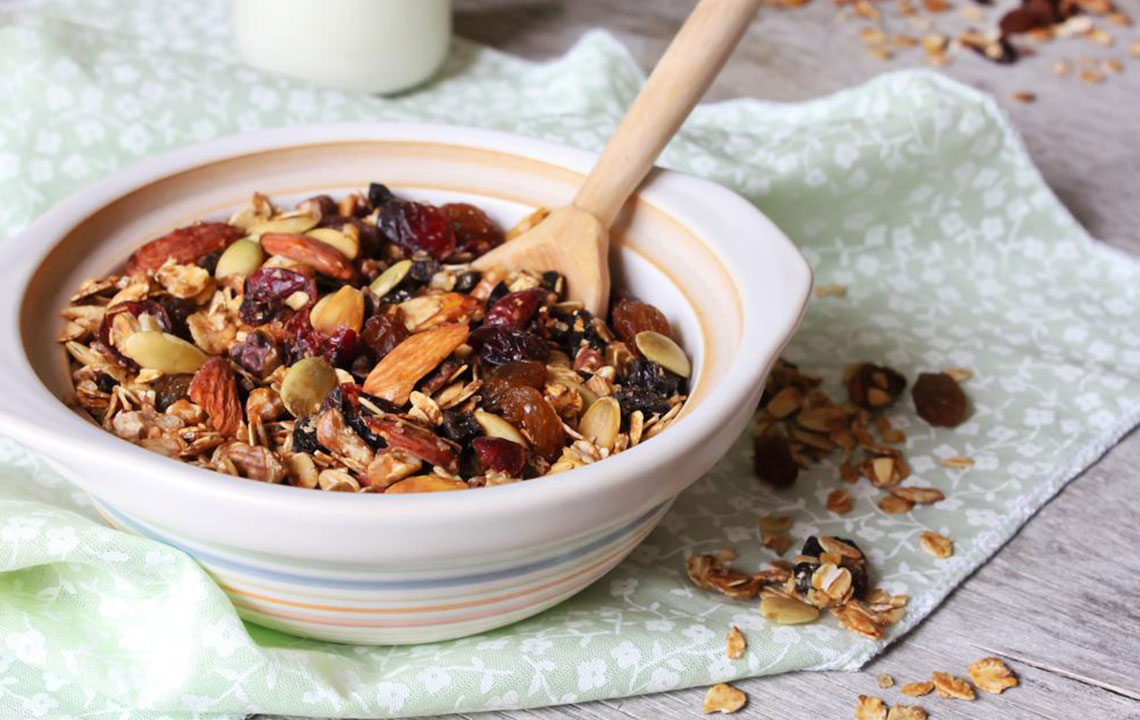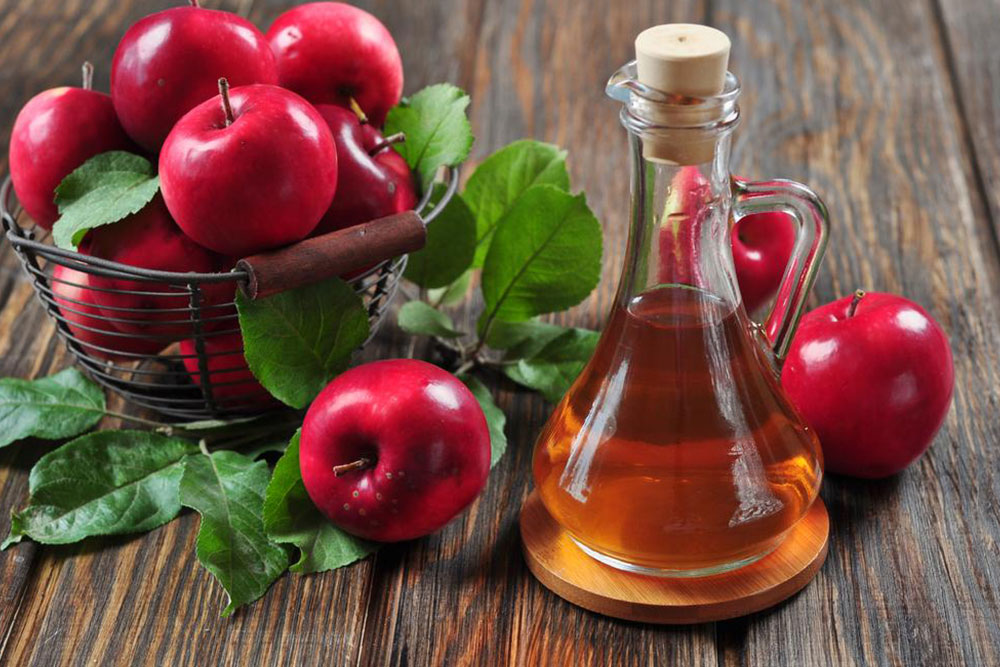Top Strategies for Maintaining a Healthy Weight This Autumn
Discover practical tips for maintaining a healthy weight this fall season. From incorporating oatmeal and beans into your diet to practicing slow cooking and enjoying root vegetables, these strategies help manage weight, boost immunity, and improve overall well-being during colder months. Include healthy fats, increase carbohydrate intake, and soak in sunlight for optimal health benefits this autumn.
Sponsored

Effective tips for staying healthy and managing weight during the fall season
As leaves fall and cooler temperatures approach, it’s an ideal time to focus on your wellness goals. The changing season encourages us to adapt our dietary habits and stay active despite colder weather. If your summer routine has become routine, now is the perfect moment to modify your meal plan to support weight management. Achieving your health goals requires commitment, but the rewards are worth it.
Seasonal shifts influence our body’s responses and cravings, especially during fall. Warm soups and hearty meals become appealing, but maintaining a balanced diet is key to staying fit.
Research indicates that seasonal changes impact weight control due to physiological reactions to weather fluctuations. Cooler months often decrease outdoor activity levels, making mindful eating and staying active even more essential. Tips for women to support healthy weight management this fall include:
Replace cereal with oatmeal
Oatmeal, a whole grain, helps stabilize blood sugar levels and keeps you feeling full longer. Its high fiber content and the energy needed to digest it generate body heat, which is beneficial during colder months.
Incorporate more beans into your diet
Soaking beans overnight and slow-cooking them enhances their nutritional benefits. Rich in fiber and protein, beans also provide potent antioxidants, making them a nourishing fall food.
Practice slow cooking
Cooking foods slowly at low temperatures creates satisfying meals and preserves nutrients. Sautéing vegetables like pumpkin and potatoes in olive oil boosts phytonutrient absorption and antioxidant levels, which may reduce infection risks.
Enjoy root vegetables
Including pumpkins, carrots, and sweet potatoes in your diet adds valuable beta-carotene for immunity and vision health. Pumpkin seeds offer magnesium, antioxidants, and other nutrients, while rutabaga provides high fiber with low calories.
Cook with healthy fats
Using oils like olive, sesame, and coconut helps improve nutrient absorption of vitamins A, K, E, and others present in vegetables. These fats also contain tryptophan, which balances mood, aids digestion, and enhances sleep and memory.
Increase carbohydrate intake
Carbohydrates can lift mood during the gloomy days of late fall by boosting serotonin levels, thanks to tryptophan transport to the brain. This helps combat seasonal depression symptoms.
Get some sunlight for vitamin D
Exposure to sunlight helps maintain adequate vitamin D levels, supporting bone health and reducing the risk of certain illnesses, including some cancers, during fall.






